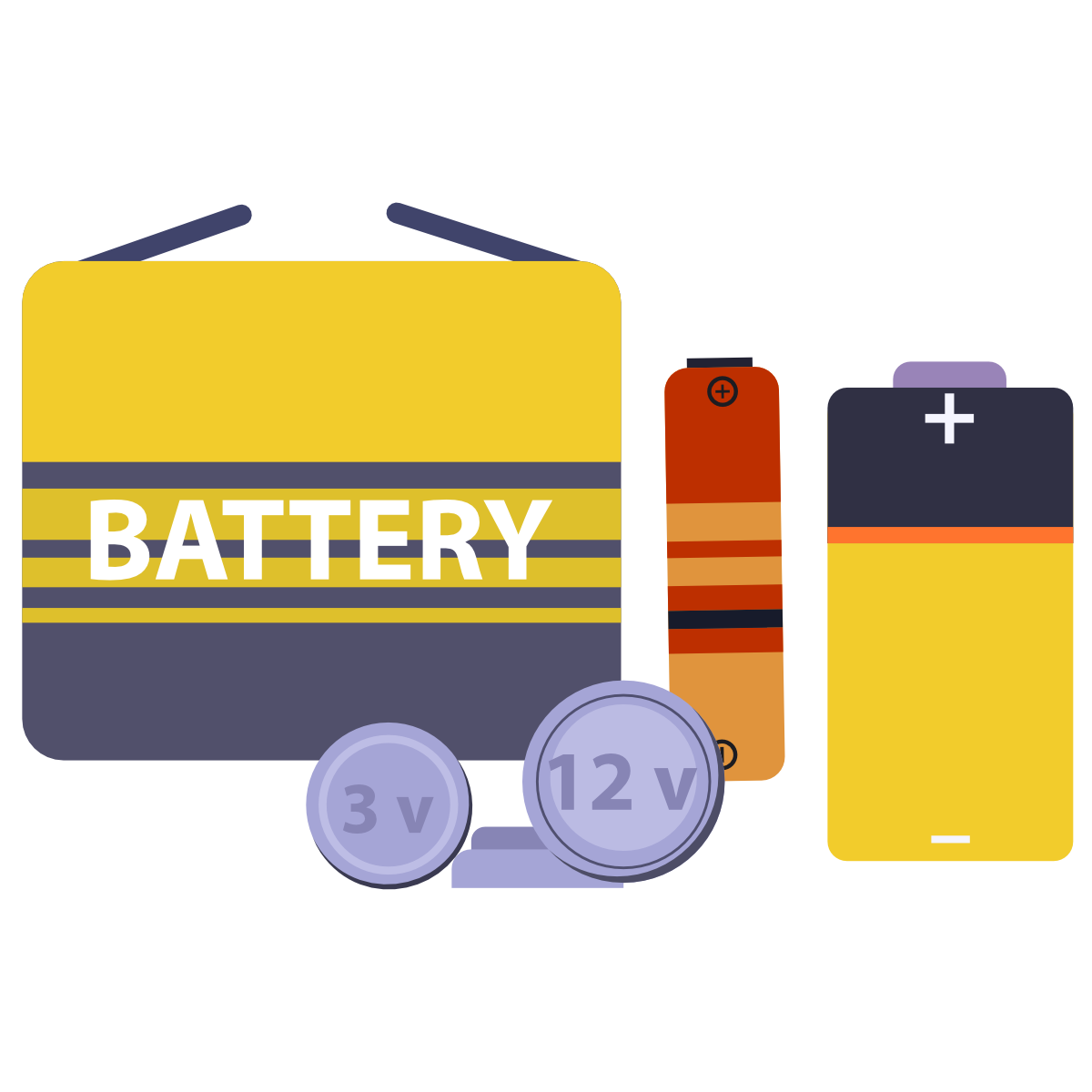Full-Service Package
per year
€
575
00
-
Quantity Options*:
-
3500 pcs á 50g
-
700 pcs á 51g-150g
-
350 pcs á 151g-250g
-
160 Stück á 251g+
- 16%
Please contact us on WeChat for immediate consultation
















